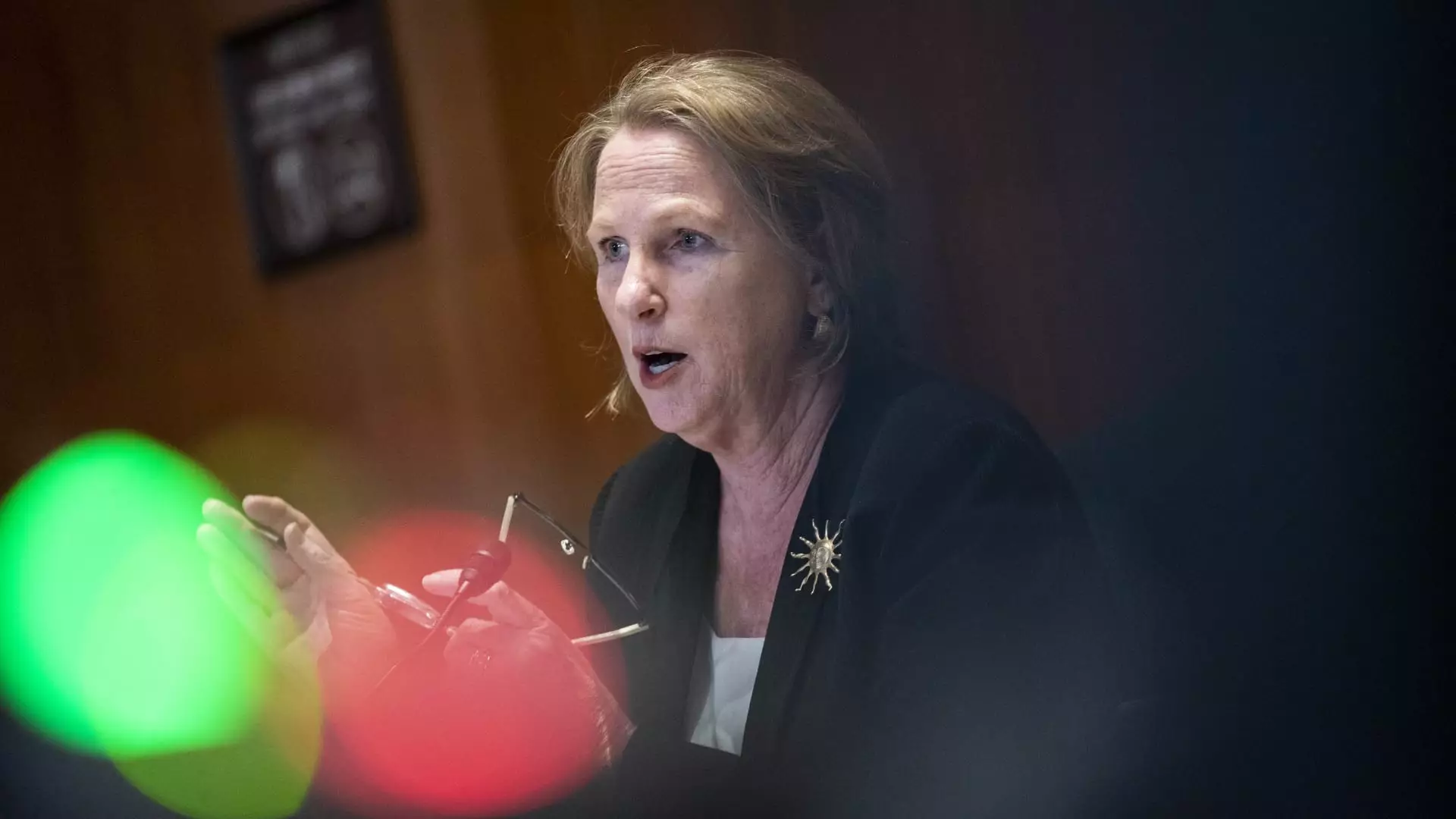In the current political climate, the Internal Revenue Service (IRS) finds itself grappling with a critical scrutiny from a Republican-led Congress. A recent report from the National Taxpayer Advocate has spotlighted the significant discrepancies in how taxpayer services and technological enhancements are funded compared to enforcement mechanisms. The report highlights a concerning trend where a vast majority of financial resources are directed towards enforcement activities, raising alarms about the quality of taxpayer services and technology modernization.
Taxpayer Advocate Erin Collins articulated her concerns in the annual report, stating that the substantial allocation—approximately 58% of the $78.9 billion Funding from the Inflation Reduction Act is designated for enforcement—might detract from crucial elements that enhance taxpayer experiences. In stark contrast, only 4% of the budget is dedicated to improving taxpayer services and 6% to technology upgrades. This systemic imbalance not only raises questions about the IRS’s commitment to taxpayer satisfaction but also illustrates a potential misalignment of priorities within the agency’s financial framework.
The ramifications of Congress’s fiscal decisions could be profound. Collins strongly cautions against slashing enforcement funding without proportionately adjusting the financial commitments to taxpayer services and technology, stating such an approach could “throw the baby out with the bathwater.” The implication is clear: if the IRS is unable to modernize and enhance its services, compliance may suffer, leading to an increase in reliance on enforcement which can be costly and resource-intensive.
Despite having collected a staggering $98.7 billion through enforcement during the fiscal year 2024, such revenue represents a mere fraction—less than 2%—of the total federal tax revenue, which largely hinges on taxpayer self-assessment and timely payments. This disproportion underscores the critical need for investment in taxpayer services, which, when improved, could foster a more compliant tax atmosphere, reducing the overall necessity for heavy-handed enforcement measures.
As budgetary decisions loom on the horizon, the outlook for the IRS remains precarious. Following a fiscal environment that necessitated the recision of $20 billion from IRS funding as part of a budget deal in 2023, concerns grow about what further budget cuts could entail, particularly as Republicans exercise greater control over Congress and the White House as of 2025. The performance of the IRS hinges on its ability to adapt to the challenges posed by external funding pressures while still fulfilling its essential duties to the American public.
With increasing costs and regulatory demands, the last thing the IRS can afford is to diminish its capability to serve taxpayers efficiently. A balanced approach to funding that prioritizes not just enforcement but also taxpayer services and technology is critical. As lawmakers consider their next steps, they must take into account the long-term implications of their decisions on the agency’s ability to provide quality service and efficiently manage the nation’s tax collection process. The future of taxpayer experience hinges on a comprehensive understanding of these dynamics, necessitating thoughtful dialogue and strategic planning from all parties involved.

